Not Just a Matter of Degrees | Karen Lankford, PhD, Neuroscientist at Yale University
It has often been noted that the characteristic behaviors which we think of as making us human are all also observed in other animals, albeit to a lesser degree.
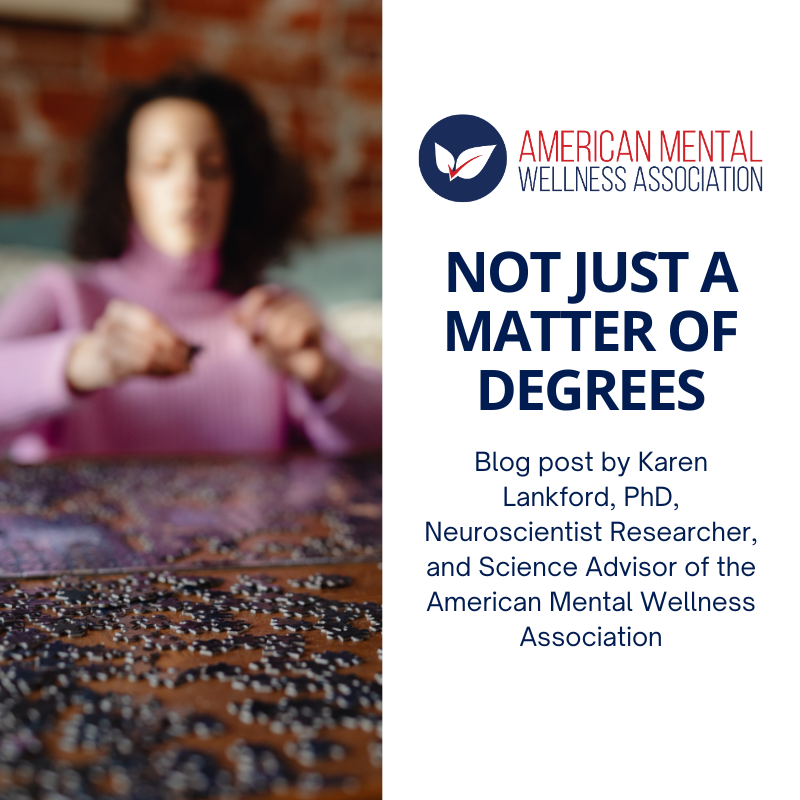
It has often been noted that the characteristic behaviors which we think of as making us human are all also observed in other animals, albeit to a lesser degree.

Telemedicine/teletherapy is quickly changing the landscape of the provider-patient relationship. But is that a good thing?
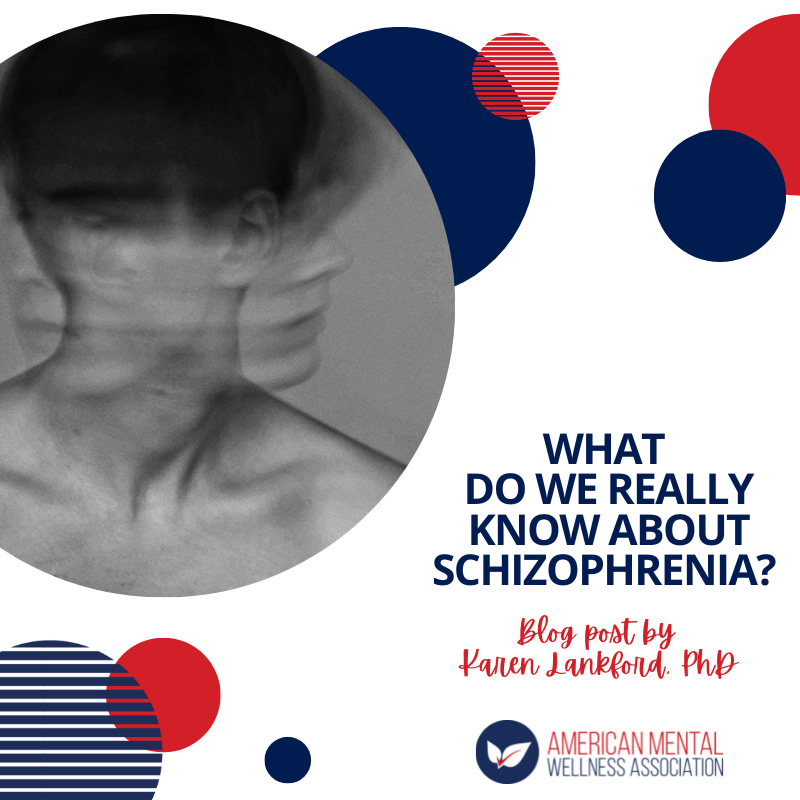
Our latest blog breaks down a short summary of what the scientific field broadly knows, thinks it knows, and does not know about schizophrenia.

Telemedicine/teletherapy is quickly changing the landscape of the provider-patient relationship. But is that a good thing?
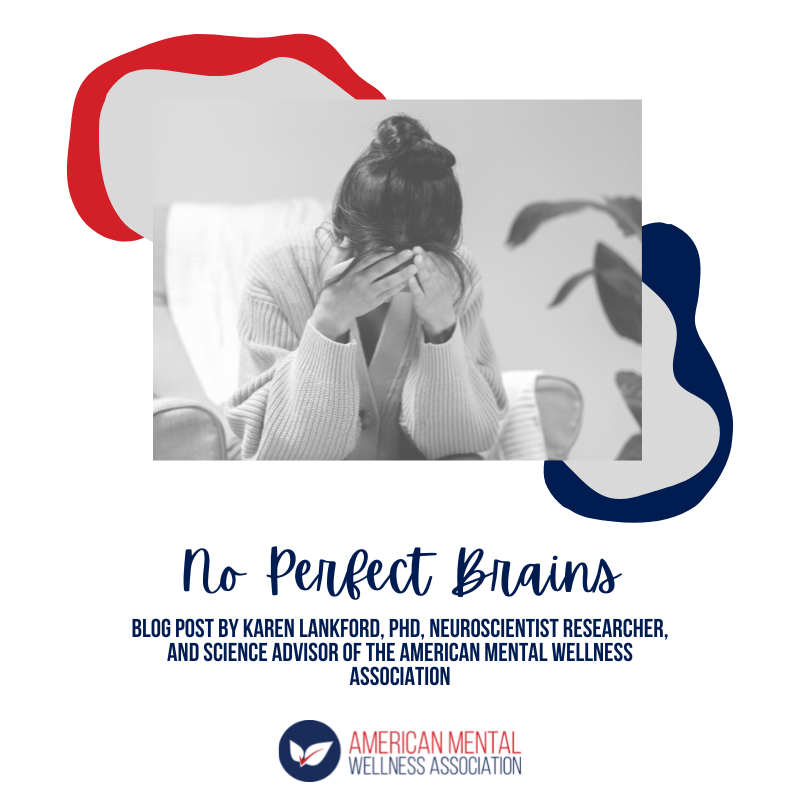
Constructing a human brain is such a complex process that some small part of the project almost invariably goes a bit wrong. That means there is no such thing as a perfect brain.
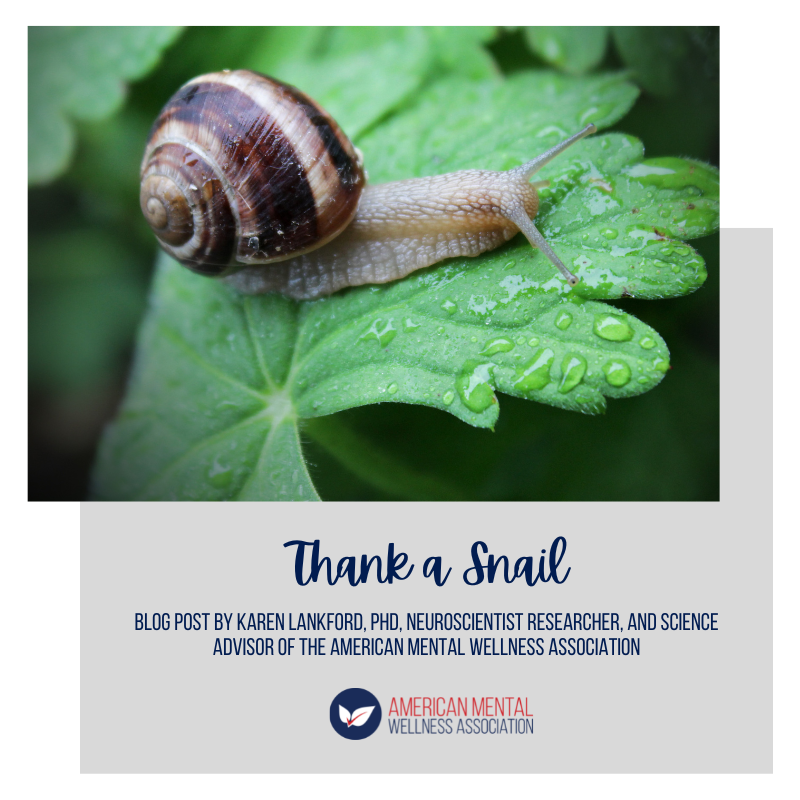
If you’ve ever successfully been treated for depression, you might want to thank a snail.
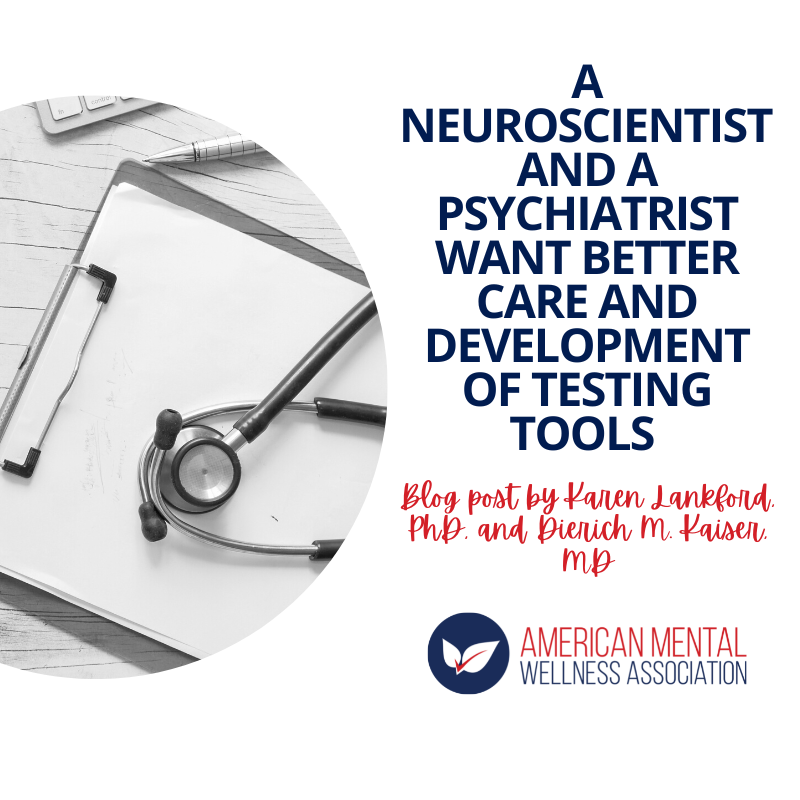
There is tremendous relief when a person finds their way into treatment surmounting all obstacles, but the challenges seem to be never-ending.
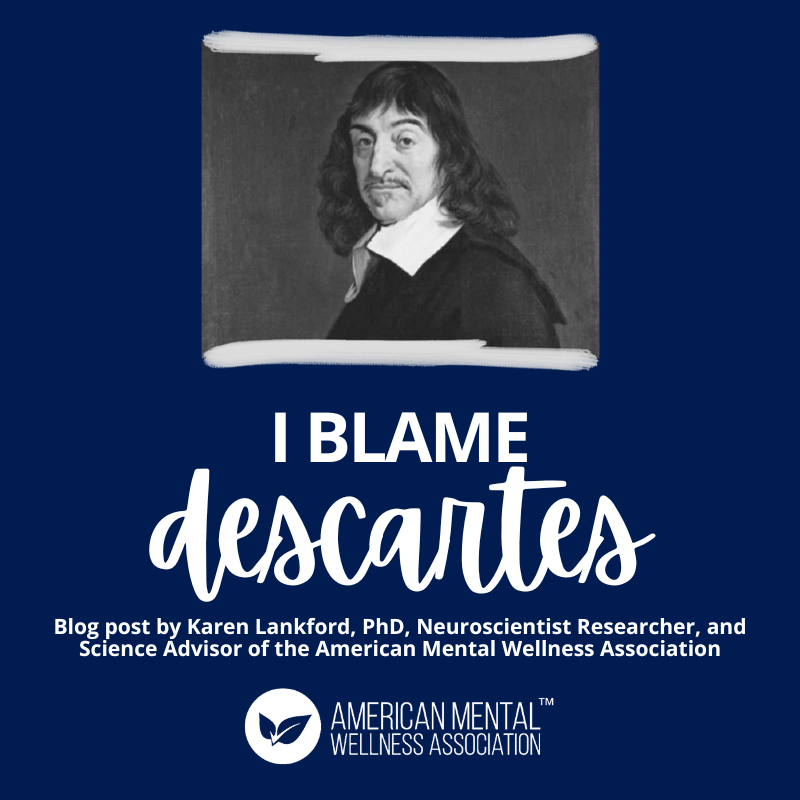
We have a group of serious medical conditions that we are not looking at as medical problems. We are not using all the tools in our toolkit to try and understand them or to educate the most susceptible populations to enable them to identify warning signs and seek treatment. Why is this? For this, I blame Descartes.

Here are four simple things you might want to add to your life as a minimal standard of brain care.

Human emotions live within a landscape filled with hills, valleys and vistas that are in-part visible and in-part invisible. We have to exert effort to see as much of our own emotional landscape as possible so that we can understand our emotional limitations and capabilities.